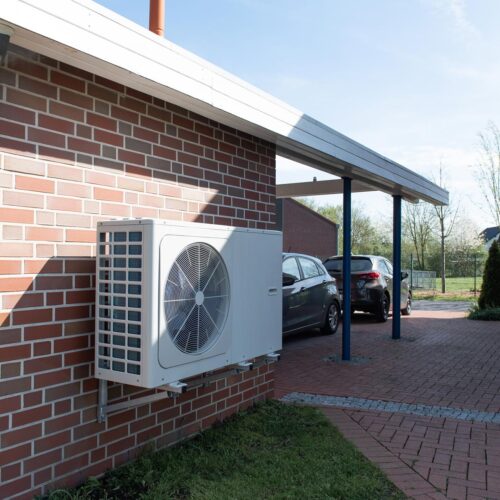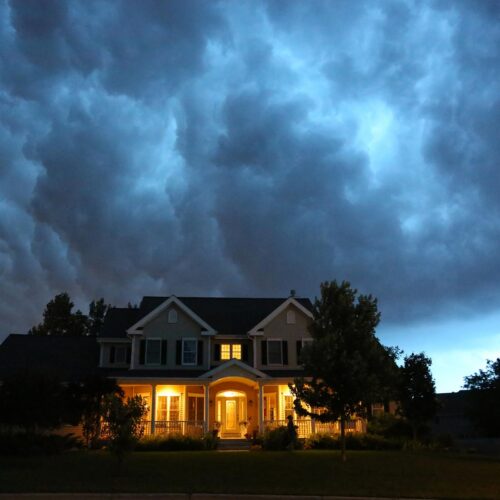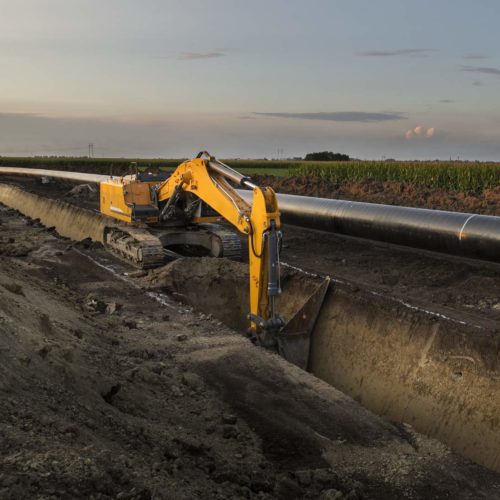
Mike works toward transforming the US building stock to a carbon-free future. His work includes engagement with the gas and electric utility sector to support the decarbonization of these businesses. He led reports on principles for utility decarbonization, gas infrastructure expansion policies, regulatory solutions for buildings, and economics of electrifying buildings. Mike also supports RMI’s work to understand the health benefits of building decarbonization and solutions for the affordable housing sector.
Background
Before joining RMI, Mike was an engagement manager for McKinsey and Company in San Francisco. He primarily worked in the electric power sector, serving major utilities on operations and strategy projects. Before this, Mike served as an officer in the US Army and was deployed to Afghanistan with the 101st Airborne Division in 2008–09.
Education
MBA, Stanford Graduate School of Business
B.Sc., Mechanical and Aerospace Engineering, Princeton University
Location
Boulder, CO
Why I Love Working At RMI
“I am inspired to work toward solutions that build a sustainable energy future while also supporting a dynamic energy system that helps customers, businesses, and communities meet their goals.”










